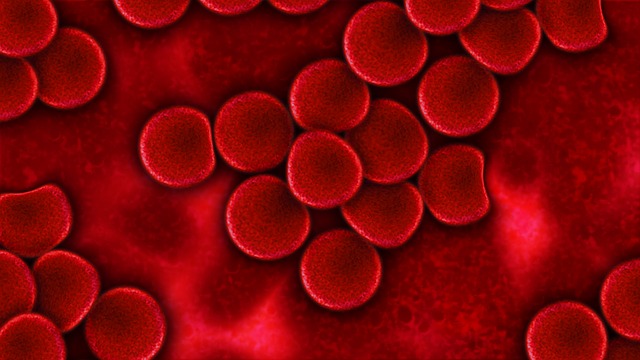
Multiple myeloma (also known as plasma cell myeloma) is a cancer of plasma cells, specifically, the kind of white blood cell that produces antibodies to help fight infection. Based on statistics from the National Cancer Institute, it’s currently one of the fastest growing cancer types — the second for men and the third for women. In the U.S. alone, it is estimated that 30,280 new cases will be diagnosed this year, and 12,590 cases will turn out to be fatal.
Since the year 2000, a total of nine drugs have been approved as treatments for multiple myeloma. But the drugs can’t be considered as cures because even with the treatment, only around 50% of patients live up to 5 years after being diagnosed with the disease. Thankfully, that might soon change.
A few days ago, at the American Society of Clinical Oncology conference held in Chicago, doctors reported about the success of a new treatment for multiple myeloma called CAR-T (short for Chimeric Antigen Receptor-T) therapy — an individualized treatment that makes use of blood filtering and genetic reprogramming.
The process works by removing immune system cells called T cells from a patient’s blood, after which, the filtered blood is modified to contain a cancer-targeting gene, then re-injected into the patient to seek and destroy cancer cells. It’s being called a ‘living drug’ — a one-time treatment designed to permanently alter cells that multiply in the body, turning those cells into an army of cancer-fighting cells.
In the clinical trial led by Dr. Wanhong Zhao — associate director of hematology at The Second Affiliated Hospital of Xi’an Jiaotong University in Xi’an, China — 33 out of 35 patients responded positively within two months of the treatment, with some patients responding as early as 10 days after the first injection (three separate injections were given in a span of more than a week).
So far, 19 of the patients are currently well beyond the timeframe needed for ‘full efficacy assessment by the International Myeloma Working Group (IMWG) consensus’. In other words, it is now reasonable to conclude if complete remission has been achieved in a patient or not. And the results are: 14 are now in complete remission, 4 have achieved very good partial remission, and 1 is in partial remission.
In terms of side effects, most experienced typical ones such as fever, low blood pressure and difficulty in breathing. Only 2 patients experienced severe side effects, though such were temporary and easily manageable.
As Dr. Zhao said: “Although recent advances in chemotherapy have prolonged life expectancy in multiple myeloma, this cancer remains incurable. It appears that with this novel immunotherapy there may be a chance for cure in multiple myeloma, but we will need to follow patients much longer to confirm that.”
Following the success of this ‘small’ clinical trial, the researchers are now planning a ‘bigger’ trial involving 100 patients. Early next year, they are also planning a similar run in the U.S.
Disclaimer: This page contains affiliate links. If you choose to make a purchase after clicking a link, we may receive a commission at no additional cost to you. Thank you for your support!

Leave a Reply